#Geely
Another One: Geely Announces Zeekr EV Brand
Geely Auto Group has announced the formation of an electric technology firm and automotive brand called Zeekr Company Limited. With the Chinese group already holding numerous mobility-focused brands with a penchant for electrification, it’s a bit curious to see it launching another one. But Geely has indicated that Zeekr will be aimed at the premium EV market using a similar business model as Lynk & Co.
That likely means selling vehicles as a service, rather than a product owned by the driver — something we’ve been incredibly wary of since the industry starting mulling over things like subscription services and online sales. Owned jointly owned by Geely Automobile Holdings and Zhejiang Geely Holding Group, the plan is to start launching products in China before the end of 2021. It’s quite the swift turnaround, leading us to believe there will be some platform sharing with other Geely-owned automotive brands. New product is said to be introduced every twelve months over the next five years.
Geely Nixes Volvo Merger, Volvo CEO Explains
Despite having already having Volvo Cars as one of its many subsidiaries, China’s Geely signaled roughly a year ago that it wanted to merge with the brand as part of its strategy to expand globally. Plans changed on this week when the company announced that the duo will be retaining their independent corporate structures, though they will continue working on a joint development program for electric vehicles.
This means more backing for the Lynk & Co. brand, a technology-focused joint venture Geely launched with Volvo in 2016. Lynk is hoping to bridge the gap between traditional vehicle sales and subscription-based models, while also pioneering telematics and other connected services that look like an invasion of privacy to some and a technological breakthrough to others. Regardless, the industry as a whole seems convinced this represents the evolution of the automobile and a stable source of revenue for companies capable of monetizing large amounts of data — often with the help of the world’s largest technology firms.
Do Cabin Air Filters Combat COVID-19?
Cabin air filters in your car have been around for awhile, but recently companies promoting their ability to filter out the coronavirus have appeared. Is this even remotely possible?
Volvo CEO Says Governments Should Just Ban Gasoline Powered Cars
Volvo Cars’ chief executive, Håkan Samuelsson, believes a ban on gasoline-driven vehicles would be a more effective way to force groups to go electric than continuing to offer subsidies on battery-powered automobiles. The announcement comes as part of the Financial Times’ “Future of the Car Summit,” where Samuelsson will proclaim the internal combustion engine “a technology of the past.”
In related news, Volvo Cars is also in negotiations to merge with China’s Geely Automotive and has renewed its commitment toward becoming an electric-only brand by 2030. The latter issue will also be brought up during Wednesday’s Car Summit, with the CEO praising the United Kingdom’s promise to eliminate the sale of new gasoline and diesel cars that same year.
What miraculously convenient timing.
China's Geely Adjusts End-of-year Outlook
China’s Geely Automobile Holdings reported a first-half net profit drop of 43 percent on Monday, a tumble that forced it to reduce end-of-year targets. As you may have expected, the coronavirus was named as the biggest obstacle it had to overcome, especially in its home country. That left Geely (parent to Volvo, Lotus, Proton, Lynk & Co, Emerald Automotive, London EV and more) revising 2020 volume estimates by 6 percent to 1.32 million vehicles against the 1.36 million deliveries it enjoyed through 2019.
While enduring a bad financial year in 2020 is hardly breaking news for any major automotive manufacturer, Geely is one of many Chinese firms with global aspirations. Its role as Daimler’s second-largest stakeholder and ownership of Volvo Cars (with which it is planning a full merger) arguably makes it the corporation that’s closest to achieving that goal, too. Yet the current economic and geopolitical situation served to undermine its ultimate goal of becoming Asia’s answer to Volkswagen Group.
Geely Still Reportedly Bent on World Domination
China’s Zhejiang Geely Holding Group has its fingers in a lot of pies. Having purchased Volvo Cars from Ford a decade ago for $1.8 billion (a fraction of the price the Blue Oval paid), the brand has focused on scooping up troubled brands with global appeal or creating its own. In 2017, Geely purchased majority stakes in Malaysia-based Proton and UK-based Lotus Cars while attempting to turn its own Lynk & Co into a global brand.
Those are supplemental to its cadre of Asia-focused subsidiaries but no less important to its broader aspirations.
Geely has been exceptionally clear that its ultimate goal is to increase its presence around the world while improving its production capabilities. Its latest strategy involves utilizing new platforms developed for Volvo (which was already sharing architecture with Lynk) for vehicles manufactured in Asia under the Proton banner.
Don't Bet on Seeing Chinese Brands in the U.S. Anytime Soon
Over the past decade, regular reports that Chinese automakers were readying a major push into the North American market became commonplace. We started seeing them move out of trade show basements to take up some of the most desirable real estate on the main floor. While some of the product clearly wasn’t yet up to snuff, one could imagine budget-focused products flooding the U.S. and Canada after a few years of polish. However, the last time that seemed like a likely scenario was 2018.
Chinese brands are still trying to break into the untapped North American market; some even have physical office space set up within the United States. However, Sino-American relations have soured dramatically over the past few years, and new financial hurdles have made wrangling a new market extremely difficult.
Polestar's Precept Concept: New Details Provided, Questions Left Unanswered
Polestar has released details of its Precept concept, offering a reminder that this will be the vehicle that informs all future models the company produces. Jointly owned by Volvo Cars and Zhejiang Geely Holding, Polestar has morphed from the Swedish manufacturer’s partner in performance engineering into a separate brand specializing in sporting EVs.
We’ve seen the Precept before, bashing it gently in February for being a handsome sedan with a manufacturer that wasted everyone’s time (and its press release) by prattling on endlessly about green tech and sustainability. While we had hoped Polestar would remedy this in its follow-up teaser, powertrain details remain nonexistent. Considering this is a concept car, that’s not an unforgivable sin, but it’s curious a company supposedly focused on performance engineering has twice failed to discuss that aspect of the vehicle. Instead, we’re offered additional details about the model’s design — including some new photographs — as the brand continues to discuss sustainability and high-tech features.
Just enough to keep us interested. The bare minimum.
Almost for Normies: Polestar 2 Enters Production As Other Automakers Go Dark
Now fully an automotive brand, Polestar aims to attract more than just a limited number of hugely wealthy customers. That was Polestar 1. Now it’s time for Polestar 2, a more affordable, four-door electric sedan with sporting prowess and eco-consciousness in spades.
How did Polestar pull off the unusual feat of starting production of a new model when assembly lines across the globe are going dark amid the coronavirus pandemic? Because production is occurring in China, the country that birthed the virus, then left it on its neighbors’ doorsteps.
Polestar Precept Concept Lands, Previews Future Models
While many are still under the impression that Chinese automakers will never manage to wrangle the North American automotive market, Geely’s ownership of Volvo Cars and Polestar has already proven them wrong. The Chinese manufacturer purchased Volvo in 2010, with savory bodywork and sumptuous interiors doing much of the heavy lifting with consumers. Performance-focused Polestar wasn’t purchased until a few years later, but the theme remained largely the same — move toward electrification, don’t forget about safety, and try to build the sexiest car possible while maintaining an aura of respectability.
So far, it’s worked rather well. Polestar is now eager to drive that message home via its new Precept concept vehicle. The company claims the car reveals “a vision of the brand’s future direction and a clear expression of intent.” Since we’re fluent in marketing speak, we’re pleased to tell you that sentence is not entirely meaningless.
This Crossover Won't Save You From Coronavirus
As we told you last week, the rampaging coronavirus outbreak and subsequent restrictions on movement has forced Chinese automakers to use technology in new ways. With sales plunging and millions barred indoors, auto giant Geely turned to online retailing, allowing customers to order and configure cars from home. The automaker even allowed for test drives to take place at the buyer’s residence.
One aspect of the epidemic was the cancellation of a splashy February 14th sales launch for the new Icon small crossover, which hit the market this week. The event may have been scrubbed, but Geely still found a way to use the virus to its advantage.
Merger in the Works for Volvo, Parent Company?
Volvo Cars, cast off by a struggling Ford and subsequently picked up by an expansionist Geely 10 years ago, might forge closer ties with its Chinese parent. The relationship could become a marriage.
On Monday, Geely said the two companies have begun talks on turning the two entities into a combined automaker.
Chinese Help for Struggling Aston Martin?
Maybe it won’t be needed, what with a new sport-utility vehicle on the way, but Aston Martin’s deflated stock price and profit dive has the British automaker in search of a financial parachute. By that, we mean investors who can pump a little cash into the company while boosting shareholder confidence.
After a disappointing year, Aston Martin needs to chart a path to better finances, and a Chinese company that’s no stranger to endangered European brands might just be that sugar daddy.
Report: China's BAIC Wants to Increase Daimler Stake
A new report indicates that BAIC Motor Corp, Daimler’s primary Chinese joint-venture partner, wants to increase its stake in the company. Currently, BAIC owns 5 percent of the German automaker ( purchased in July) with rumors swirling in October that the firm wanted to increase its investment. There were also claims that Geely was attempting to stand in the way of the prospective deal.
While not Daimler’s main squeeze in Asia from a production perspective, Geely actually owns 9.7 percent of the company — giving it quite a bit of leverage. As such, there were murmurings that Geely put the kibosh on any ideas BAIC had on investing further. Geely has rebuffed the accusation. “We are a long-term investor in Daimler. We do not react spontaneously to any volatility and we support Daimler’s management and their strategy,” the firm explained.
Be that as it may, there appears to be a minor power struggle between the two Chinese companies. Both seem interested in strengthening their influence and happen to find themselves in each other’s way.
Volvo and Parent Geely Seek to End Separate Engine Development
Volvo’s relationship with its Chinese parent is about to grow even closer. The Swedish car maker and its parent company, Geely, proposes to put an end to separate engine development, with engineering teams from both companies tasked with building common powerplants for all marques in Geely’s broad orbit.
For Volvo, the move to a new standalone business for its internal combustion engines would be beneficial, given its plan for the brand’s future.



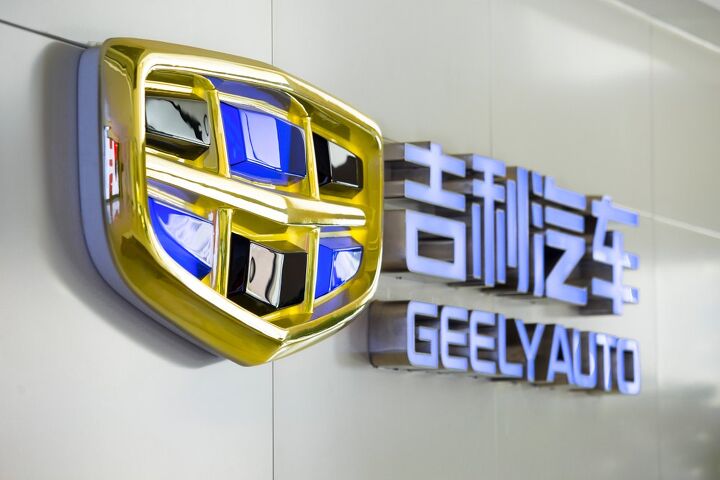
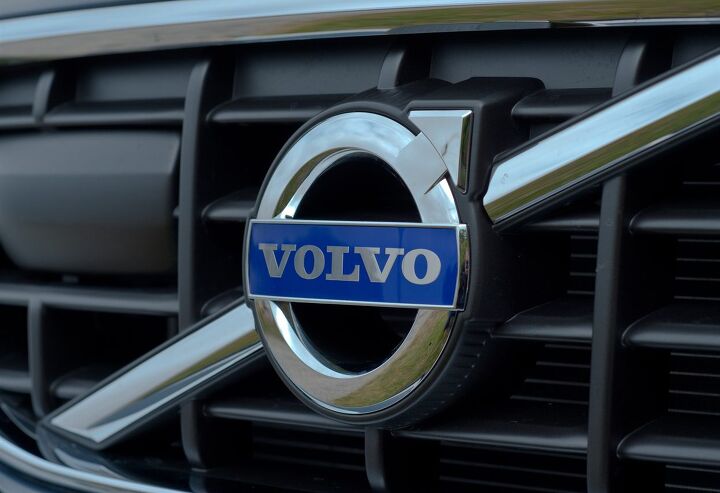

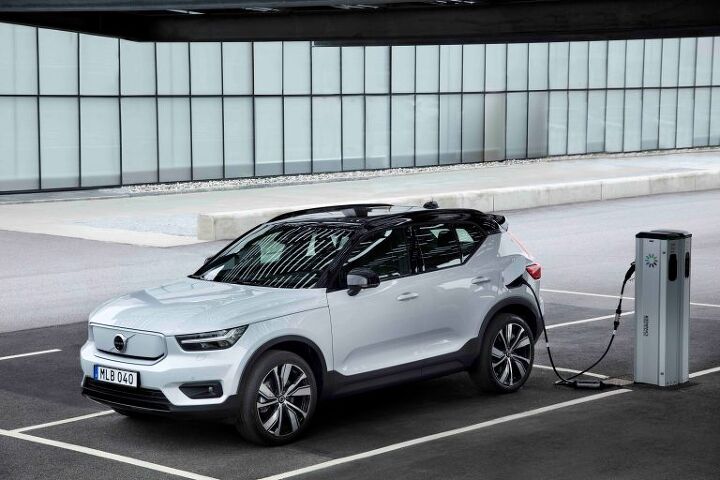


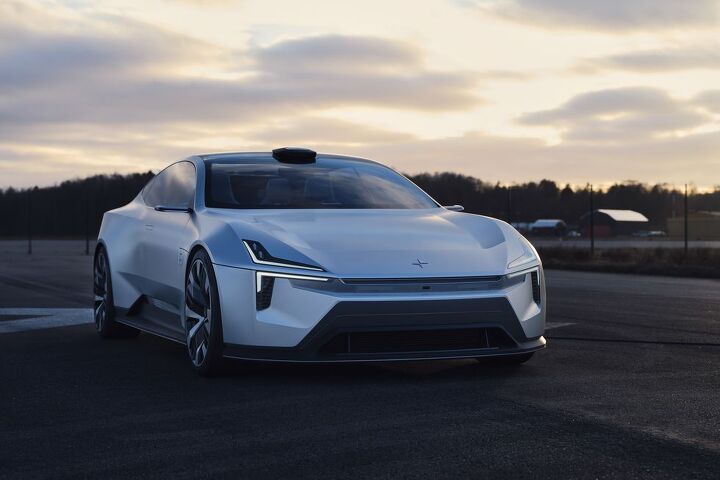
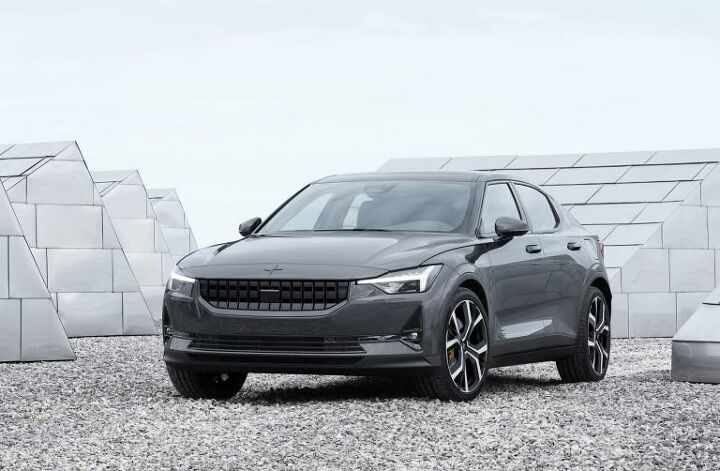
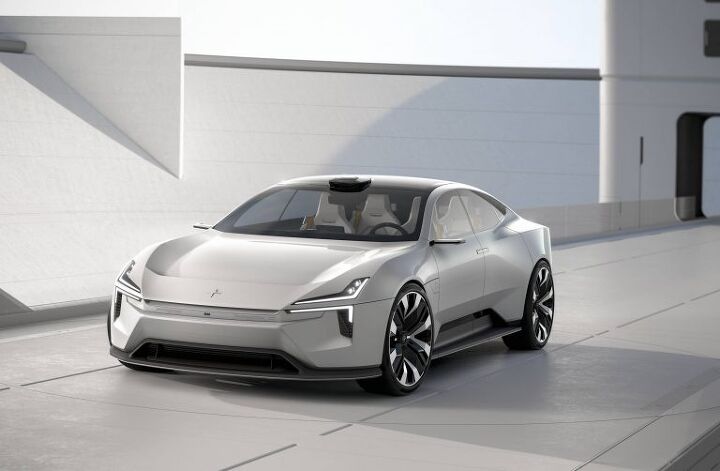
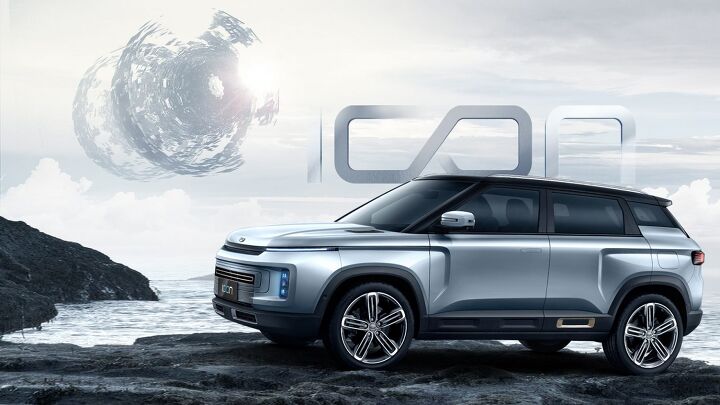
















Recent Comments